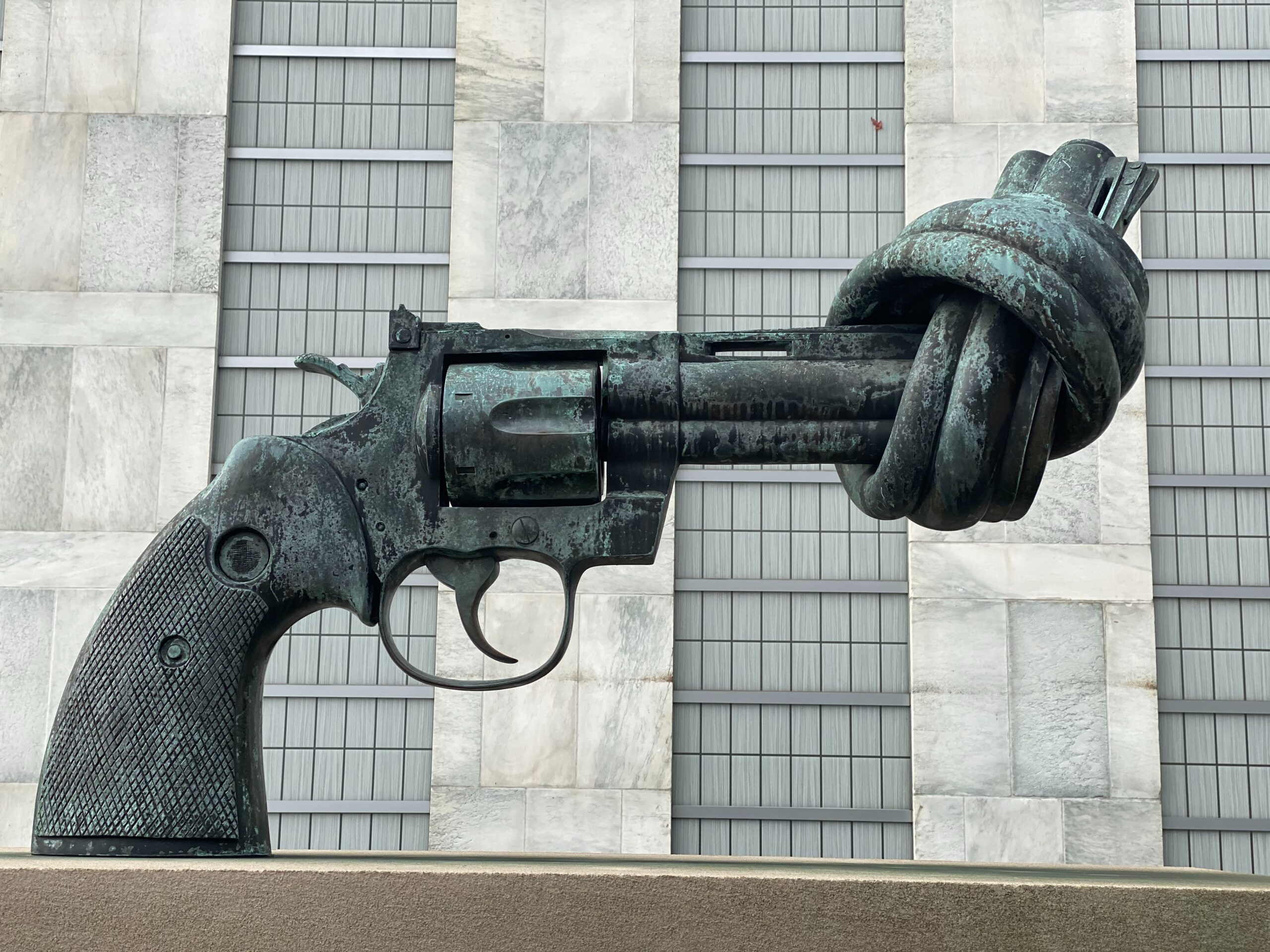
Stephen Curry is a member of the Golden State Warriors, a three-time NBA champion, a two-time MVP, and widely considered to be the single greatest shooter ever. His weapon of choice is an orange sphere which he can project with great accuracy from over 30 feet away into a cylindrical goal that has a diameter just slightly larger than the basketball.

Undoubtedly, he is in the top one percent of the most athletic people on the planet. Every game, he runs close to three miles often at full speed as he attempts to elude defenders in order to catch, locate the basket, and shoot the ball in a single motion that only takes a split second.

Did I mention that his defenders are also elite athletes? They are usually bigger and stronger, running towards him at full tilt in order to distract, impede, and force him to make errors. It’s a challenging task for Curry, yet somehow even more difficult for his opponents.

Do you see his confidence? The swagger he projects? Do you want to know where it comes from? It comes from the mastery he has over his craft. But it begs the question, how did he get so good?
 Curry’s training regimen is legendary. He dribbles a basketball with one hand and catches tennis balls with the other. He practices shooting the basketball for hours. He runs drills at full speed in order to improve his timing, agility, and reflexes. His biometric data is collected and analyzed. Nearly every day, his team simulates critical game scenarios and develops multiple countermeasures to account for how an opposing team will defend him. They practice until decisions become instinctual.
Curry’s training regimen is legendary. He dribbles a basketball with one hand and catches tennis balls with the other. He practices shooting the basketball for hours. He runs drills at full speed in order to improve his timing, agility, and reflexes. His biometric data is collected and analyzed. Nearly every day, his team simulates critical game scenarios and develops multiple countermeasures to account for how an opposing team will defend him. They practice until decisions become instinctual.
And yet, the greatest shooter in the world, Stephen Curry, shoots only 40% from the three point line. This means he misses a majority of the time, every three out of five tries. Despite all his extensive training, he is also occasionally error prone. He ranks in the top-40 all-time for turning the ball over. It is not unusual to see him throw an errant pass as his excitement for making a big play overrides his ability to make the correct and safer one.
So if one of the most well-trained, fittest, and hardest working athletes on the planet makes mistakes, misses the mark a majority of the time, and, like any human, occasionally struggles in stressful situations in a field where he has already attained expertise…
What makes you these these heroes…
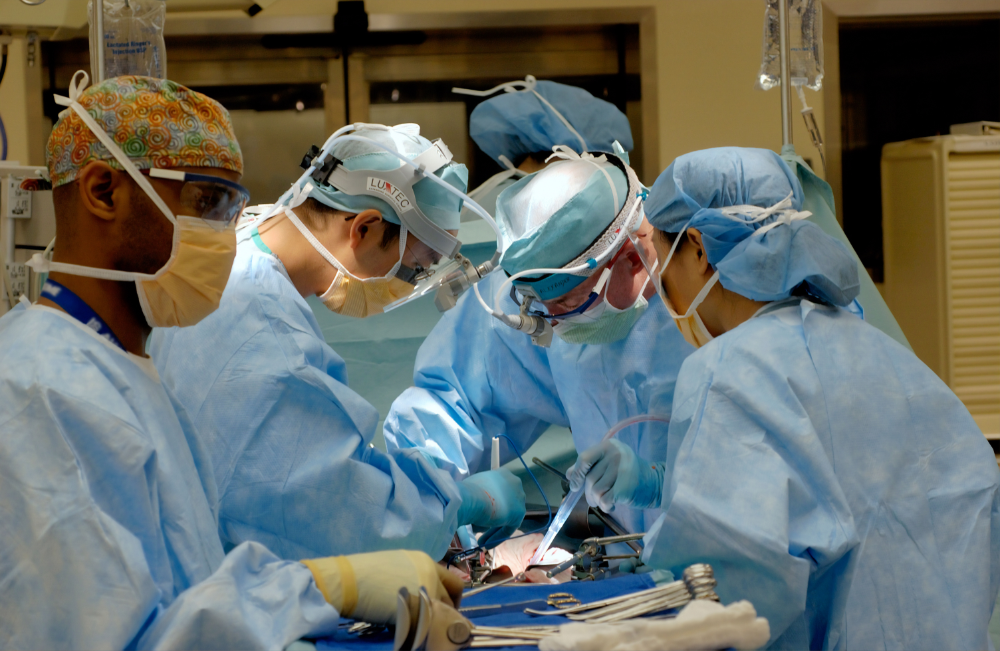
… or these ones…
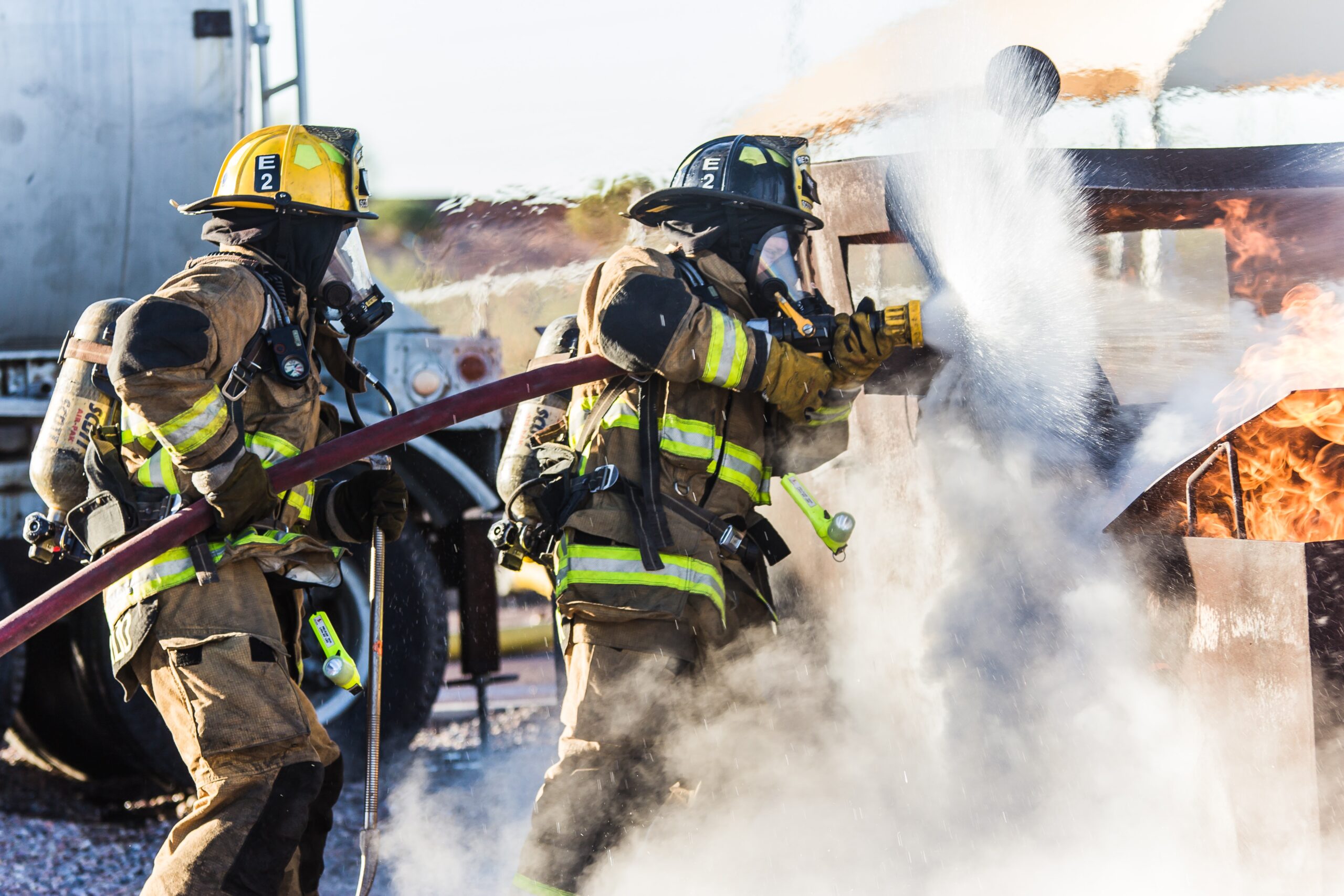
… or these would be any more infallible in their respective fields?
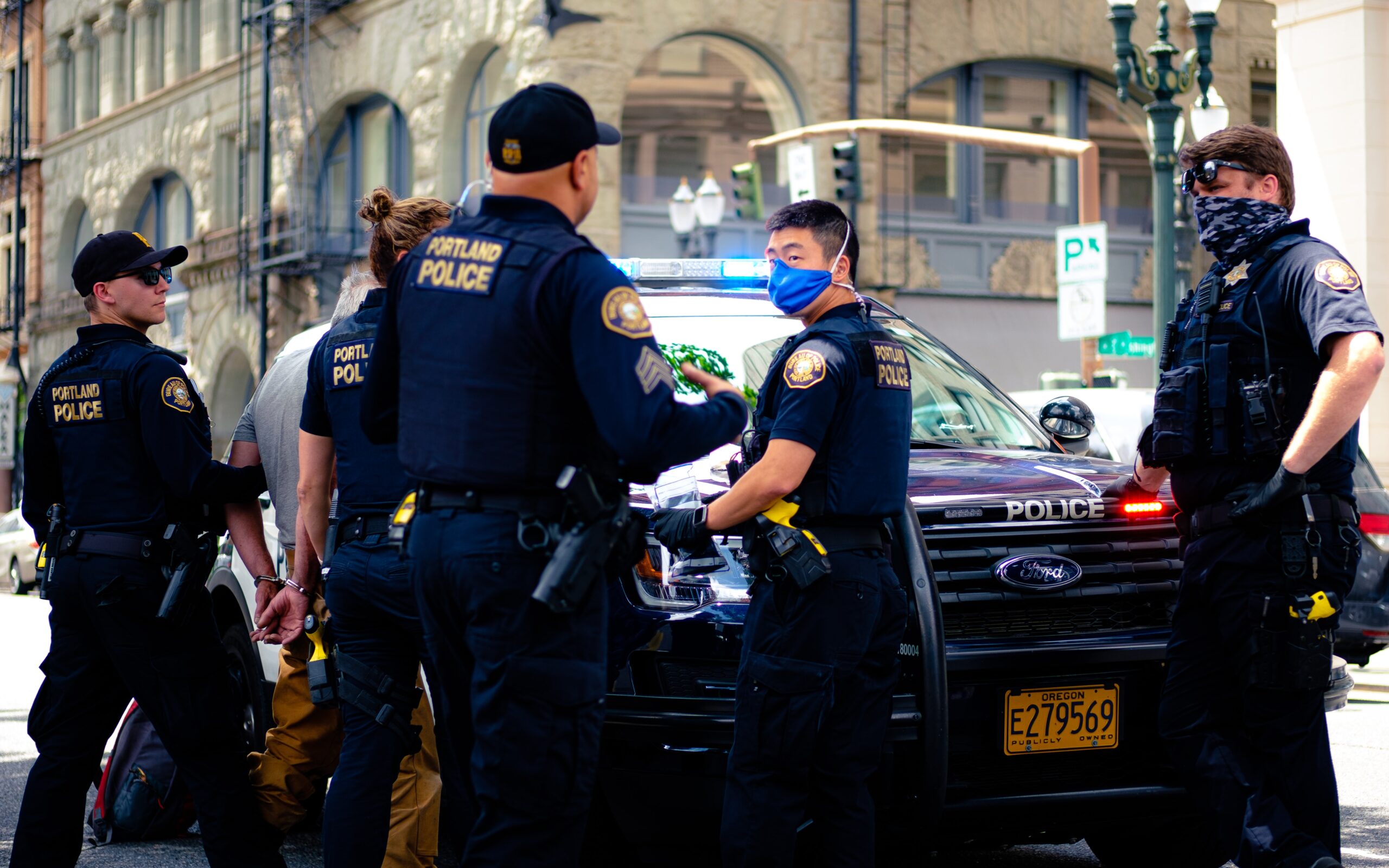
It Is Impossible To Train Like Professional Athletes
Stephen Curry works for hours a day to maintain his elite reflexes to make these fraction-of-a-second decisions in a fast moving environment. He is, of course, paid handsomely to do it, works only 3 to 6 hours a day, and, obviously, he is only playing a game and not working a job where his life or other lives are regularly at risk or threatened. If I was paid fifty millions dollars a year to play basketball, I would happily hang up these scrubs to work hard every day in the gym too.
Yet for many of us, this type of training is unsustainable in whatever field we are in. As a physician, I cannot spend hours a day practicing how to intubate or place central lines, a computer programmer is too busy building a product to work on hypothetical problems, and a firefighter, a plumber, a mechanic, or any other of the myriad of occupations that require intricate skills do not have the time to practice their craft day in and day out. Unlike professional athletes, many of us must develop our technical prowess on the job.
So when I think about police officers, whose most stressful situations can only allow the smallest room for error if at all, I’m willing to bet that the majority of the people who must serve and protect do not practice their skills three hours a day. They are not simulating how to talk down a mentally ill homeless man or how to take down an active shooter in a mall. They are not strategizing how to non-violently negotiate with an emotionally distraught protester or how to reflect on their biases and search for an alternative solution before resorting to violence. Yes, they might discuss these scenarios in their short six months at the police academy and, if fortune and motivation aligns, they might visit the gun range or attend law enforcement seminars, but how does that translate to responding to a terrorist with an assault weapon in an elementary school? That is akin to Stephen Curry only practicing his free throws or reading the playbook in order to get ready for the championship.
Even more, when it comes to what they perceive as life or death situations, they are not working on their timing, agility, and reflexes anywhere close to the elite level required to:
1) Think clearly while their life is being threatened and fire their weapon accurately as they advance towards danger — especially when the threat is a mass shooter with a desire to die and the capacity to kill quickly and efficiently thanks to the weapon our society allows him to have.
2) Think clearly when they THINK their life is being threatened, show RESTRAINT instead of discharging their weapon out of fear, and rapidly process alternative solutions or strategies in order to avoid a violent outcome.
Police Officers Are Not Trying to Die
Outside of professional sports, the military, medicine, and law enforcement, I cannot think of any other occupation where decisions must be made in less than a second. Police officers must rapidly assess a situation for danger and decide whether action or inaction is the best course. More often than not, they choose to act, relying on their ingrained bias and fear, leading to the litany of tragic deaths of unarmed, African-Americans and other people of color.
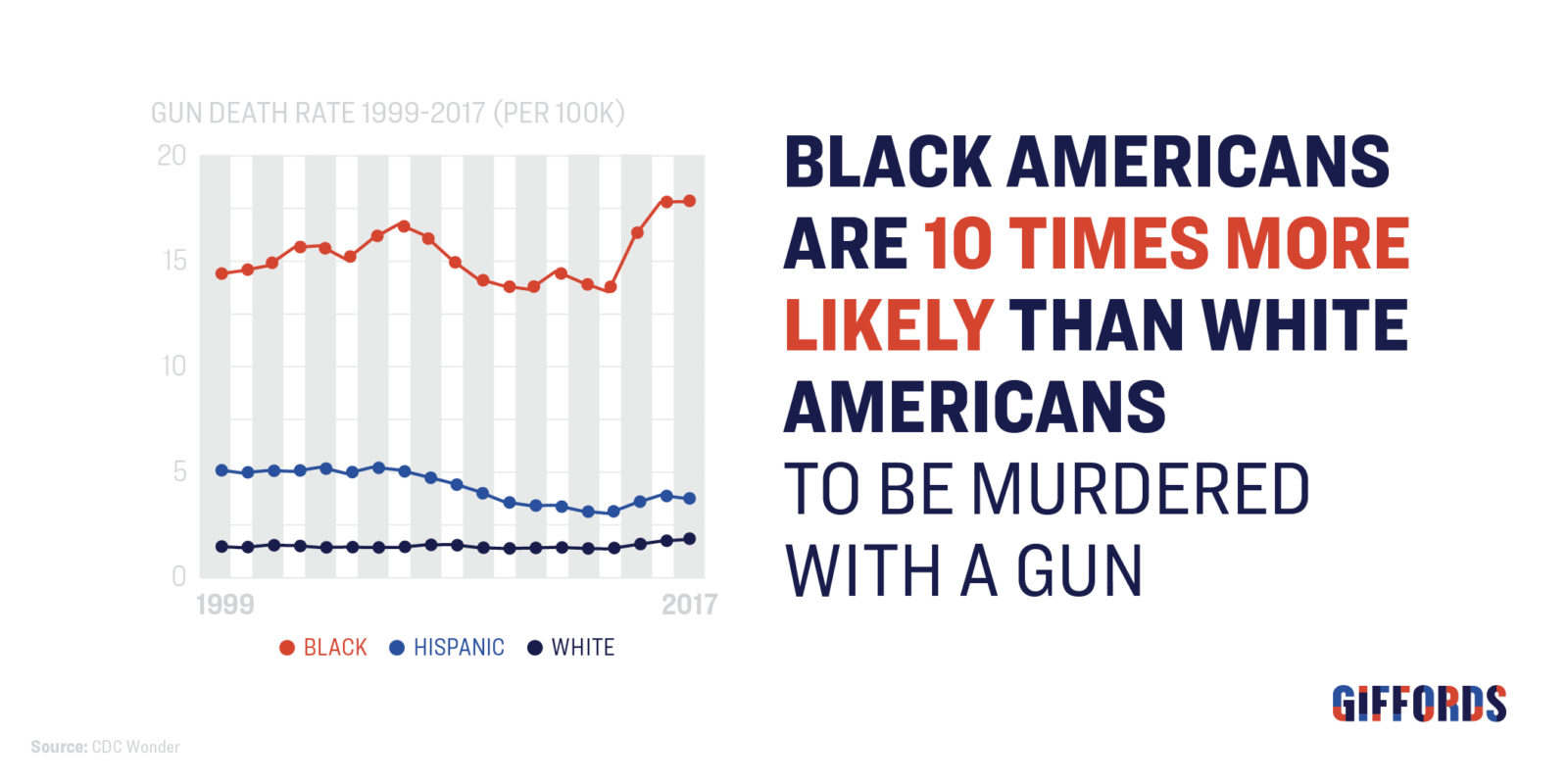
Don’t get me wrong. I am sure there are a few police officers who are passionate about their job and work hard to improve their fitness and to practice their skills everyday. At the same time, I recognize that the job of a police officer is extremely stressful and dangerous. Like many frontline jobs, it is often difficult and thankless. I do not envy their work yet I know that police officers are necessary. In a society, we must be able to enforce justice, however imperfectly. We must also continuously evaluate and reform our justice system so that its benefits extend to everyone.
But do you expect the police officers to train like elite athletes? They often need to work 8 to 12 hours a day for a fraction of the salary that professional athletes make. They have families that they need to support without the help of nannies or agents or an entourage. They aren’t bringing home sponsorship deals and — while they usually have good pension plans and, sometimes, unfortunately, immunity in the eyes of the law — a majority of police officers are just trying to make a good living, support their families, and live a happy life like everyone else. They are not trying to die. They want to live long lives, use their pensions to travel in retirement, marry off their daughters, have grandkids, and ride off into the sunset. They are just regular people with military-grade equipment. They may look like Seal Team 6 and they may feel like Jack Reacher underneath the armor and behind their firearms, but I am sure that they are not trained or built like them.
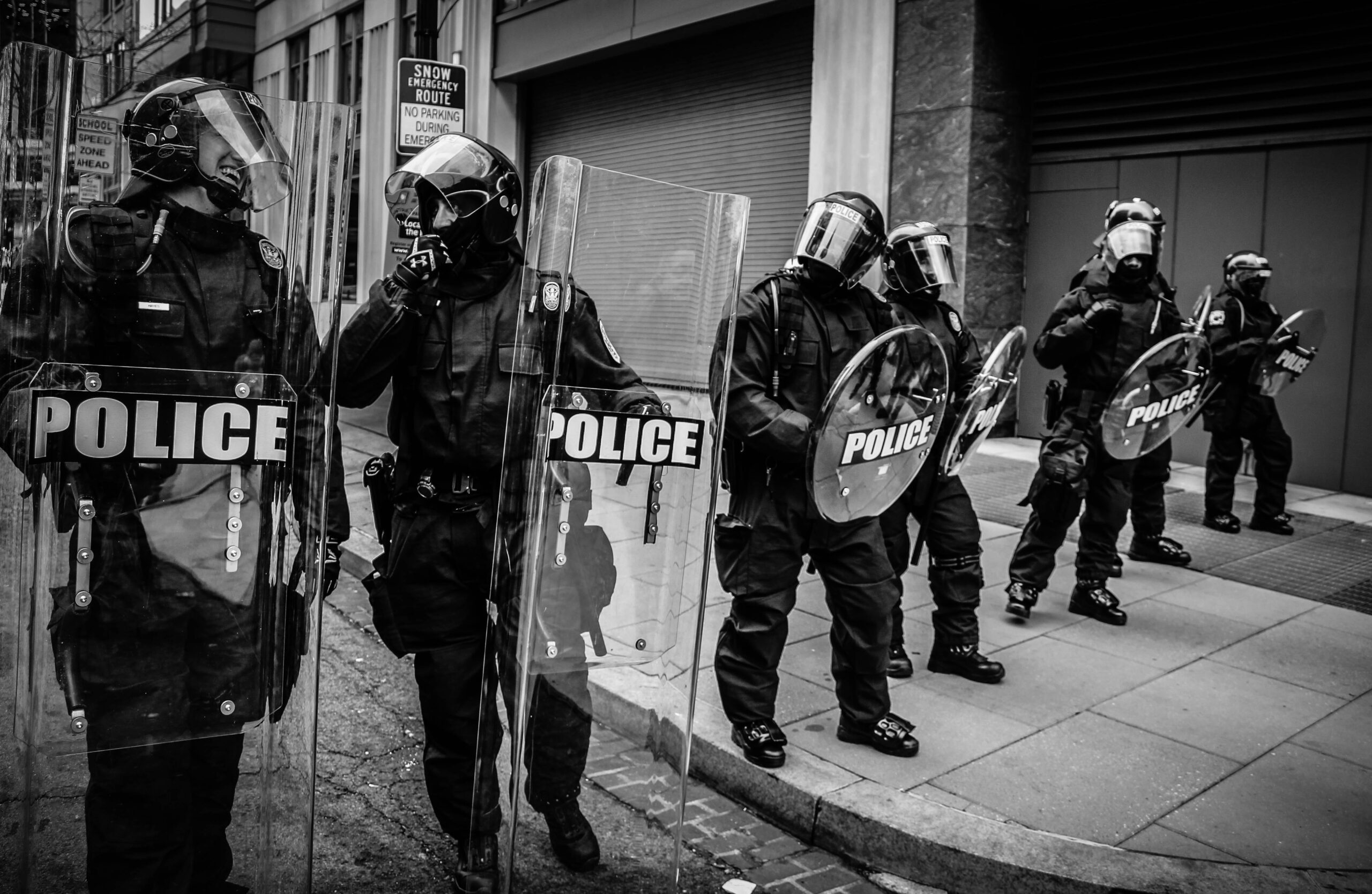
Gun Control Will Be Beneficial for People of Color AND Law Enforcement
So when I think back to the number of mass shootings that society has already accepted and become numb to (because if our politicians could not pass gun control laws after an AR-15 caused large cavitation injuries and made unrecognizable the faces and bodies of 20 first graders in the span of five minutes at Sandy Hook, will they ever?), there were some instances were armed police and guards were present and either hesitated, balked, or hid. In Uvalde, TX, different law enforcement agencies are giving inconsistent accounts of their actions and not cooperating in the investigation, largely because they are facing criticism over their inaction. It was a lack of training, effective communication, and leadership that led to delayed medical attention and death. In fact, if it was not for a brave group of officers, who were not part of a formal tactical team and ignored orders to not breach, there might have been more casualties.
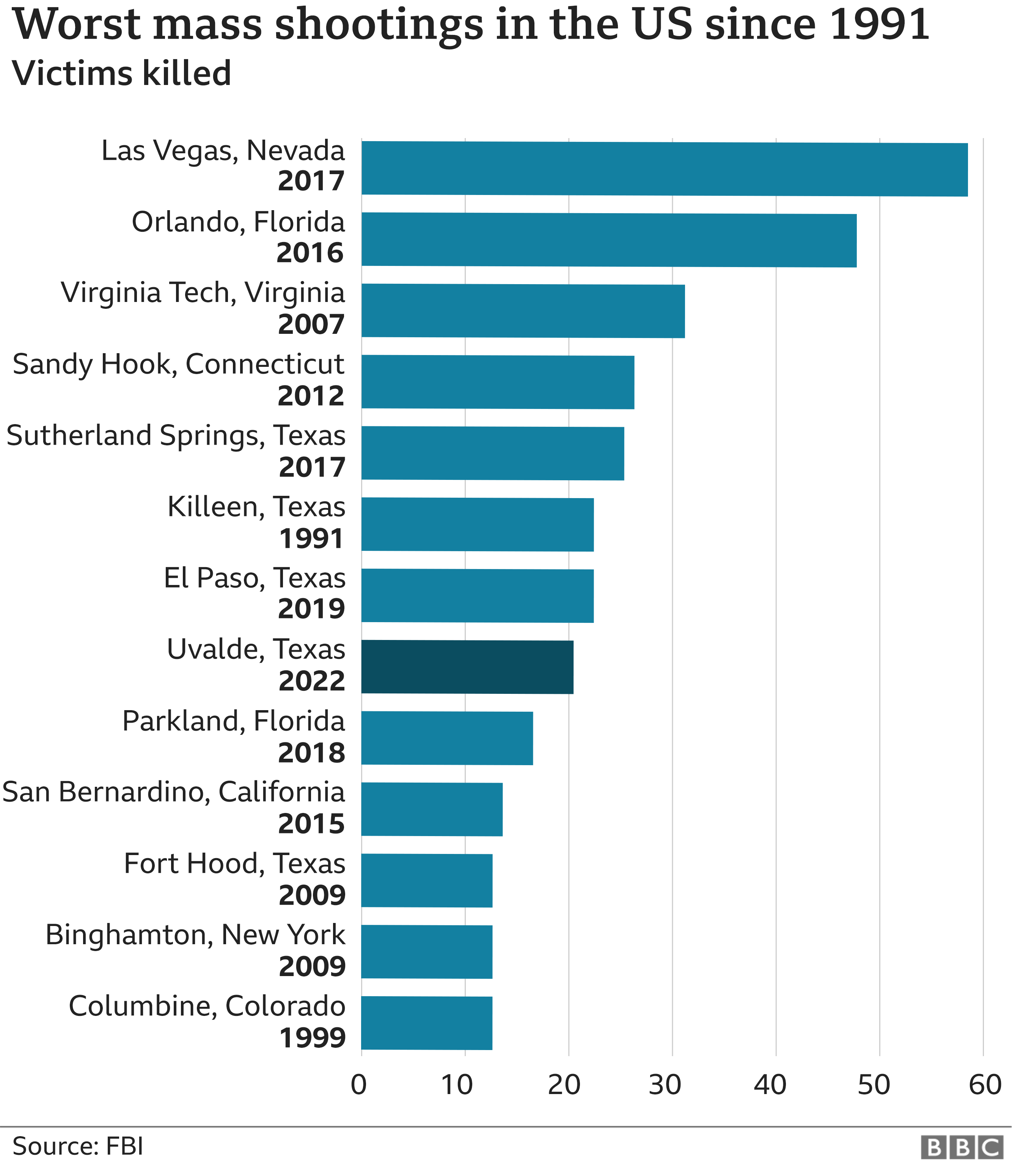
Is it so hard to believe that maybe they were just scared? That never in a million years did they think this would happen to their small town, that they would have the worst day of their lives on the eve of Summer vacation? And since they lacked the training, fitness, and resources to prepare for the moment and because the natural, evolutionary, and powerful instinct to preserve one’s own life over another kicked in, are you really surprised that they waited while an unhinged teenager, using a tool aptly named for the task it was built for —assault— executed children in the next room?
So if we want to protect society, prevent mass shootings, protect Black and Latino and other people of color from unnecessary gun deaths due to gang or police violence, and still support our law enforcement, perhaps gun control is the answer. Perhaps everyone’s life would be easier if assault weapons were not obtainable. In the history of the world, arms races never work, whether to pacify warring nations or diffuse conflict. Yet in the United States, we are arming ourselves so thoroughly that there are more guns than people. This establishes a psychology of suspicion, fear, and threat. If a police officer, with not enough training, pulls over anyone for a broken tail light or not wearing their seatbelt, can you blame them for being trigger happy, ready to draw their weapon and fire, if statistically speaking, that person probably has a gun? Perhaps with less weapons in the country, we will also be less likely to kill each other.
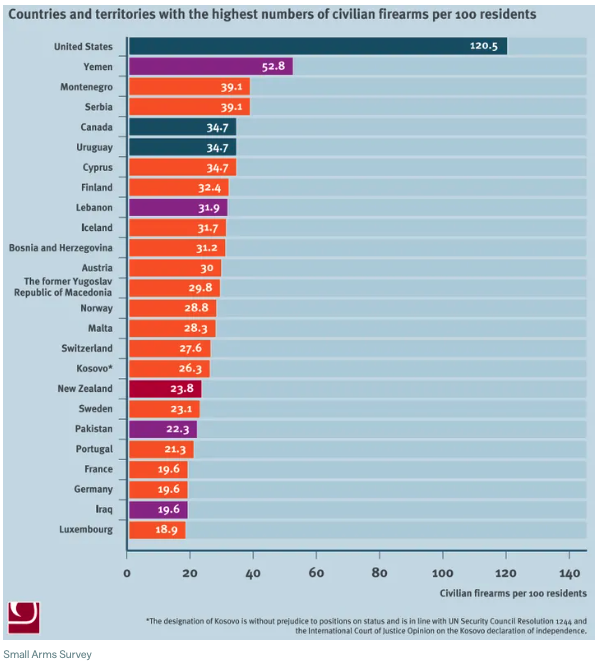
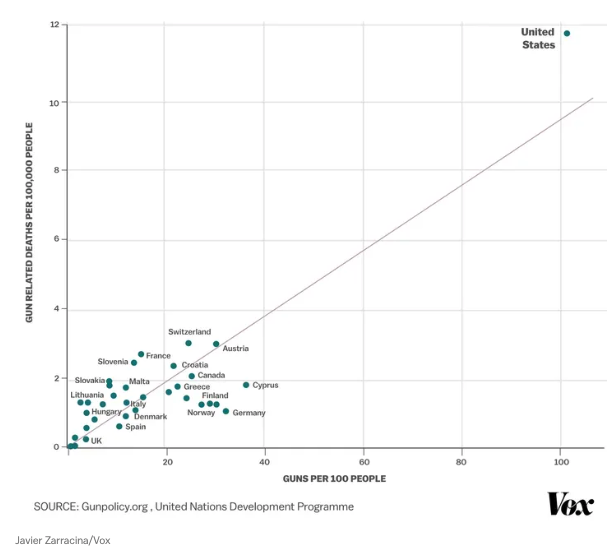
The problem of the incredible amount of gun violence in this country can be understood with simple probabilities. The more guns that exist in a society, the more likely those guns will be used, and the more likely people will succumb to gun deaths. There are extremists, terrorists, violent people, and sadistically unstable people in societies all over the world. Yet why do an overwhelming number of mass shootings in the developed world occur in the United States? Is it really a difficult leap to assume that perhaps it is because it is easier to get a gun here than anywhere else in the world?
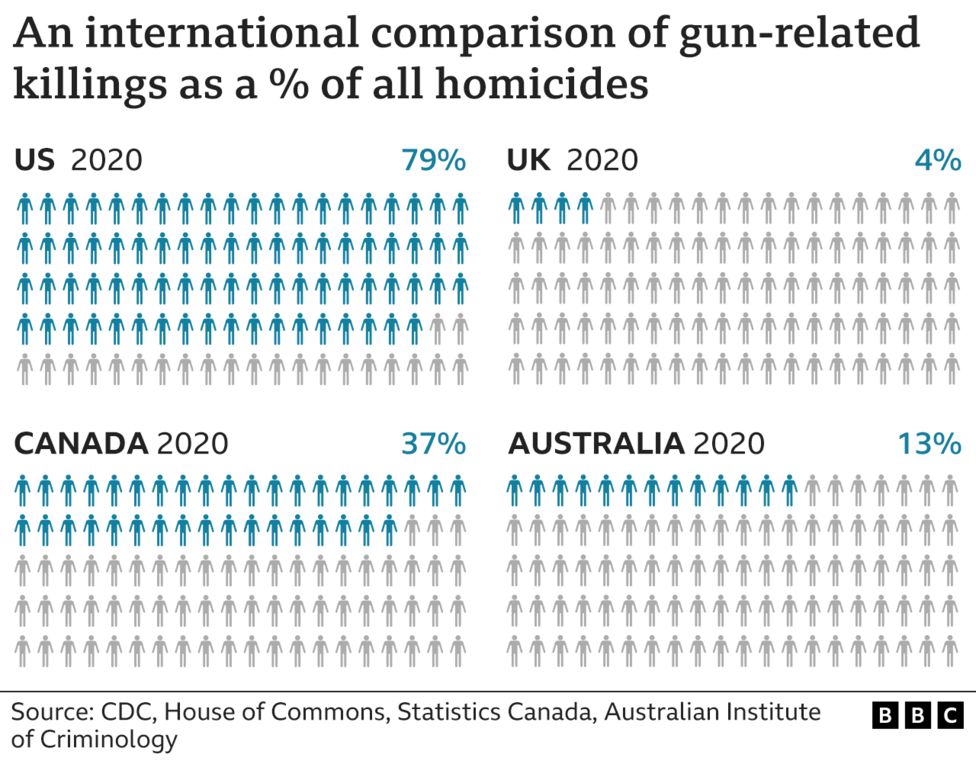
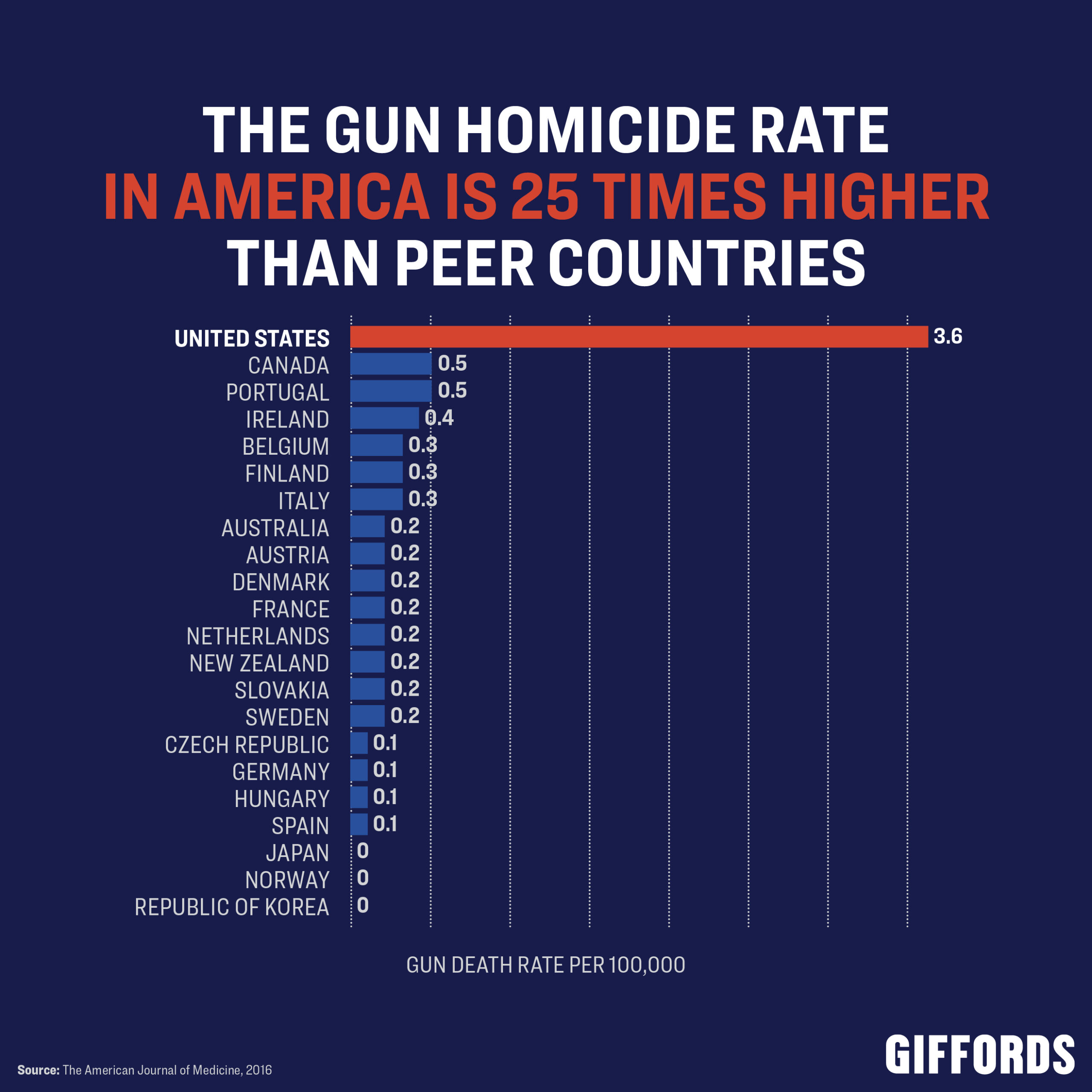
The Slippery Slope of an Arms Race
Arguments are being made that rather than controlling the number of firearms sold or attempting to decrease the number that are available, we should instead have armed teachers at schools, armed veterans at malls, and armed security at movie theaters, daycare, and local parks. Does all this seem safe to you? Do you feel more secure? Will they be trained? Who will pay for it? How often will they practice to maintain their new skills? How often do they even practice how to perform bystander CPR? What does it mean for our society if the people that are supposed to educate it and those that are supposed to protect it are better able to take lives than save them?
Gun-control opponents usually debate that the right to bear arms is one of our liberties. They say that the reasons the country’s founders wrote it into the Bill of Rights was to allow the citizens to protect themselves from government overreach (and, it is important to note, so that they can continue to dominate the Native Americans and slaves who outnumbered them). They also oppose the establishment of a national database that registers gun owners and the types of guns they own, citing concerns about privacy (as if the credit card and social media companies are not already aware). But tell me, do facial-recognition cameras and metal detectors and fences and security check-ins and firearm wielding authority figures sound like freedom? Or does this just sound like the slippery slope towards a militarized surveillance state?
I get that the right to bear arms and gun culture are engrained in our laws and society. Generations of fathers and sons have bonded while hunting game, our country rightly celebrates our military heroes and their families, and police officers do need to protect us with some firearms. Please forgive me if I do not totally understand, but since when do we need a semi-automatic to hunt deer? Where is the challenge or the art in that? Why do you need to own an AR-15 if you are only ever going to use it at a gun range? And if that’s the case why can’t you just rent one there? We do not have to ban your ability to fire powerful weapons (I understand the thrill as I have felt the adrenaline rush doing so), but perhaps only certain businesses should hold licenses that allow them to temporarily supply assault weapons for recreational use in a safe, controlled, and monitored environment if that is how you derive pleasure. Outside of war zones, why would citizens need to own weapons that can maim and kill mass numbers of people effortlessly?

We Fall to the Level of Our Training
Not only will gun control help prevent the occurrences of mass shootings, it will also put less guns in the hands of criminals and the mentally ill. (It’s important to note that many gun deaths in this country occur due to suicide and the most common weapons used are not semi-automatic weapons but hand guns.) Additionally, and this might just be wishful thinking, but perhaps gun control could actually help reduce the number of deaths of unarmed people of color at the hands of law enforcement. Maybe if police officers are less afraid that a suspect has a firearm, they might work on their conflict resolution skills instead.
One of my favorite aphorisms is
“We do not rise to the level of our expectations, we fall to the level of our training.”
In any life-saving skill, from wielding a scalpel to a gun to an axe, if you are not training at an elite level for the job at hand, do not be surprised if you feel fear, demonstrate low impulse control, and look to avoid threats rather than move towards them. If you lack sufficient training, I can’t fault you for reacting normally and hesitating before taking action or not taking action at all. But it is reasonable to question what you are doing in that position in the first place and fault those that put you there.
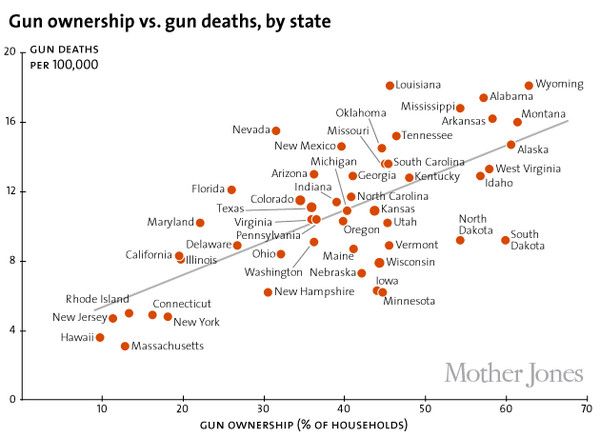
Prevention is the Best Solution
And if talking about gun control is triggering for you, perhaps one more analogy will help. If your surgeon practiced his life-saving craft only a few times a year, occasionally reading about surgery, would you want her to remove your appendix, gall bladder, or tumor? Now ask yourself how much do you trust your neighborhood police officer, the mall cop, or the doorman of your apartment building if someone walked in with an AR-15? And if your doctor said to you, “We are going to perform this surgery without washing our hands. We’ll just try to treat you with stronger and stronger antibiotics as the bacteria develop resistance.” Would you be okay with that? After all, that is what an arms race looks like.
Public health data has proven again and again that prevention is always the best solution for decreasing morbidity and mortality, yet here we are tolerating the fact that firearms are the number one cause of death for children without doing anything about it. Since our justice system has repeatedly shown that law enforcement is unable to train at an elite level required to protect American citizens from gun violence, perhaps we can help both the police officers and Americans by leveling the playing field between terrorists and cops by making guns less available.
In my time working in the emergency department in New York, I have known nurses related to or married to good men who happen to be police officers. I have seen baby-faced cops visit the ER transporting sick inmates. I have treated police officers suffering from respiratory illnesses because they served at Ground Zero after the 9/11 attacks. I remember diagnosing pancreatic cancer in another, a young, energetic but jaundiced father. These men work hard jobs, but once again, I know that they do not want to die. Yet our inaction condemns them and the rest of society to the threat of death by gun violence. I’m certain the nurses I know would rather have their brothers, fathers, and significant others come home walking than in a casket — a footnote, a casualty, a martyr in this insane arms race.
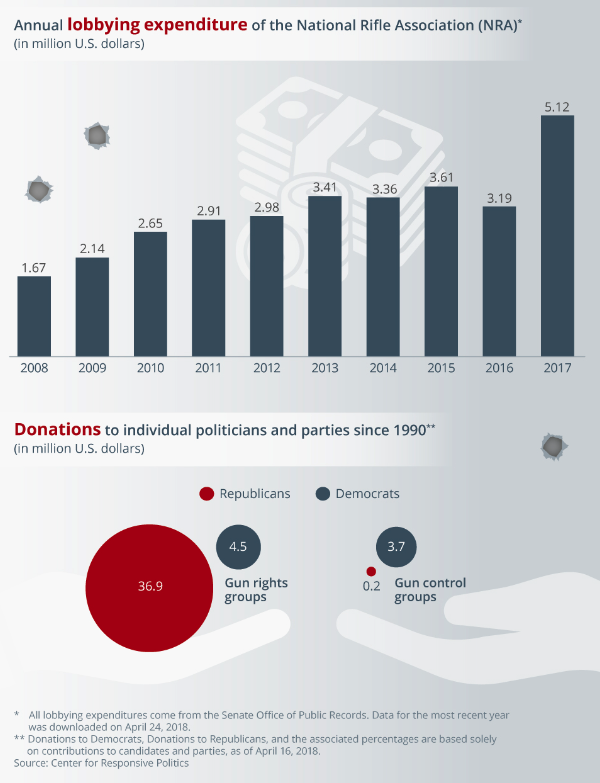
We have many decisions to make about the future of our country. These decisions depend on generational, long-term thinking, not the type of thinking that gets us from one political cycle to the next. Yet the politicians are addicted to their power, indebted to gun lobbyists, and too afraid or indifferent to do anything. It makes us suspicious of one another, numb to tragedy, and cynical about change. Only some of the January 6th Capitol protestors were armed and, thankfully, no guns were fired. But if we are not careful about how many guns are available or how easy they are to obtain or who gets to have them, then maybe the next time, there won’t be any unity or vigil or election or country to be had. As Stephen Curry’s coach, Steve Kerr pleaded in response to the tragedy at Uvalde — we’ve had enough!
Thank you for reading.
Interested in learning more? You can support me by:
- Sharing my work and letting me know what you think on Instagram or Twitter
- Signing up for my mailing list below (on mobile) or the right side bar (on desktop)
- Taking a look below at the references I used to write this post for a deeper dive
- “Retired officer: Give police a real education before putting them on the streets” – Kirk Burkhalter – USA Today – June 11, 2020
- “How Police Training Contributes to Avoidable Deaths” – Seth W. Stoughton – The Atlantic – December 12, 2014
- “This is how handguns and assault weapons affect the human body” – Emma Bowman – NPR – June 6, 2022
- “What an AR-15 Can Do to the Human Body” – Sarah Zhang – Wired – June 17, 2016
- “The Uvalde Police Chose Dishonor” – Elizabeth Bruenig – The Atlantic – June 4, 2022
- “78 Minutes” – Elizabeth Bruenig – The Atlantic – May 27, 2022
- “Parkland Shooting: Armed school resource officer ‘never went in’ to school during shooting” – Daniella Silva – NBC News – February 22, 2018
- “No Radio, Old Tactics: How the Police Response in Uvalde Broke Down” – J. David Goodman, Serge F. Kovaleski, Eduardo Medina, Mike Baker – The New York Times – June 3, 2022
- “Where AR-15 style rifles fit in America’s tragic history of mass shootings – Jonathan Franklin – NPR – May 26, 2022
- “A Brief History of the Assault Rifle” – Michael Shurkin – The Atlantic – June 30, 2016
- “AR-15 Style Rifle” – Wikipedia
- “Current Causes of Death in Children and Adolescents in the United States” – Jason E. Goldstick, PhD, Rebecca M. Cunningham, MD, Patrick, M. Carter, MD – The New England Journal of Medicine – April 20, 2022
- “Guns Are a Threat to the Body Politic” – Joseph Blocher and Reva Siegel – The Atlantic – March 8, 2021
- “The Atrocity of American Gun Culture” – Jelani Cobb – The New Yorker – May 29, 2022
- “Capitol Protesters Were Armed With Variety of Weapons” – Joseph A. Gambardello – March 10, 2021 – FactCheck.org
- “America’s Gun Problem is Impossible” – Derek Thompson – The Ringer – Plain English Podcast – May 26, 2022